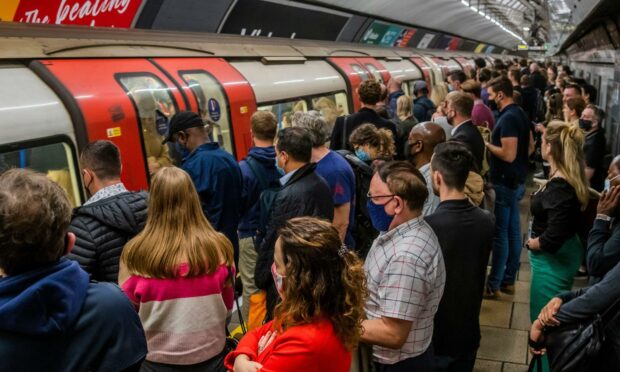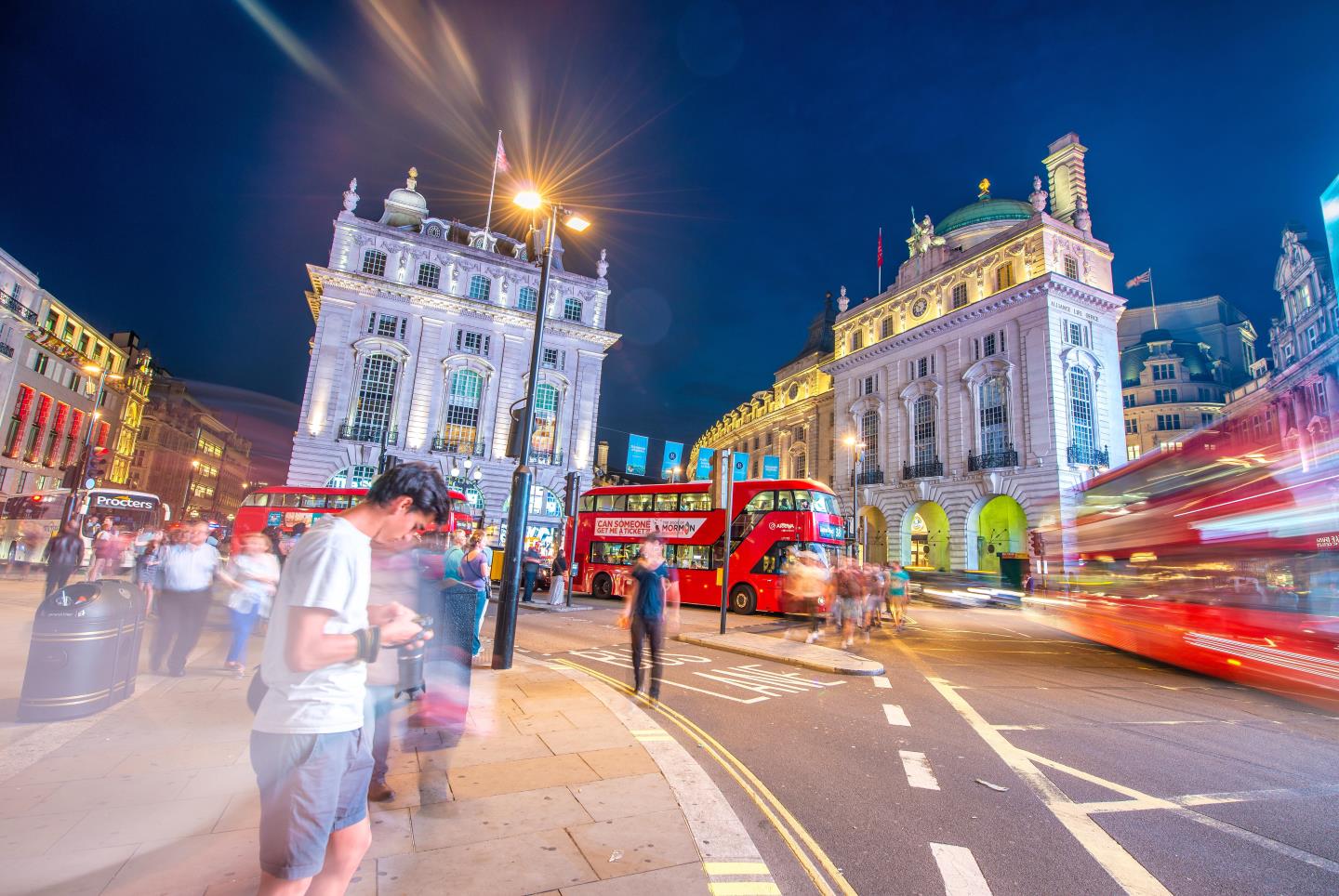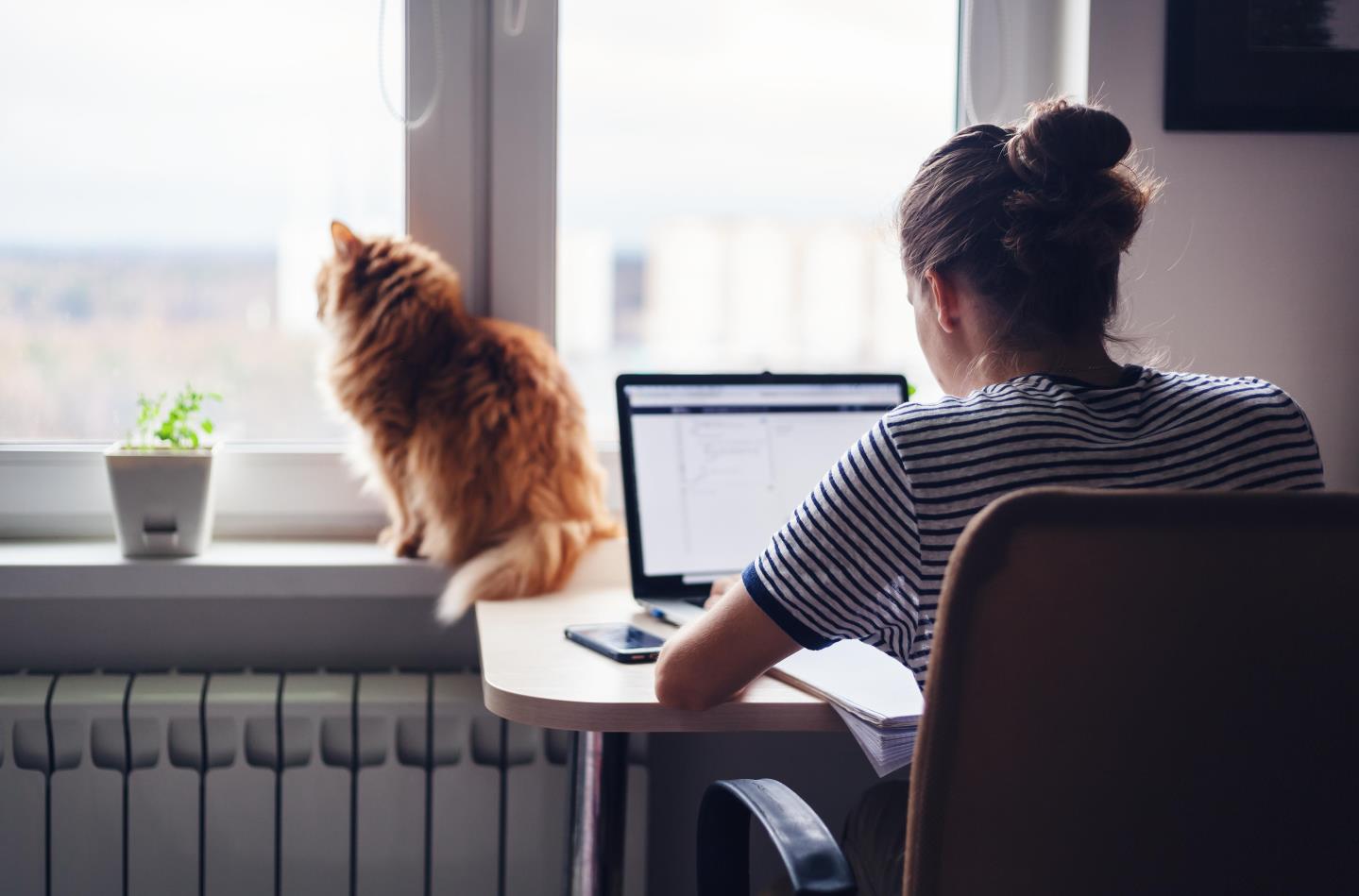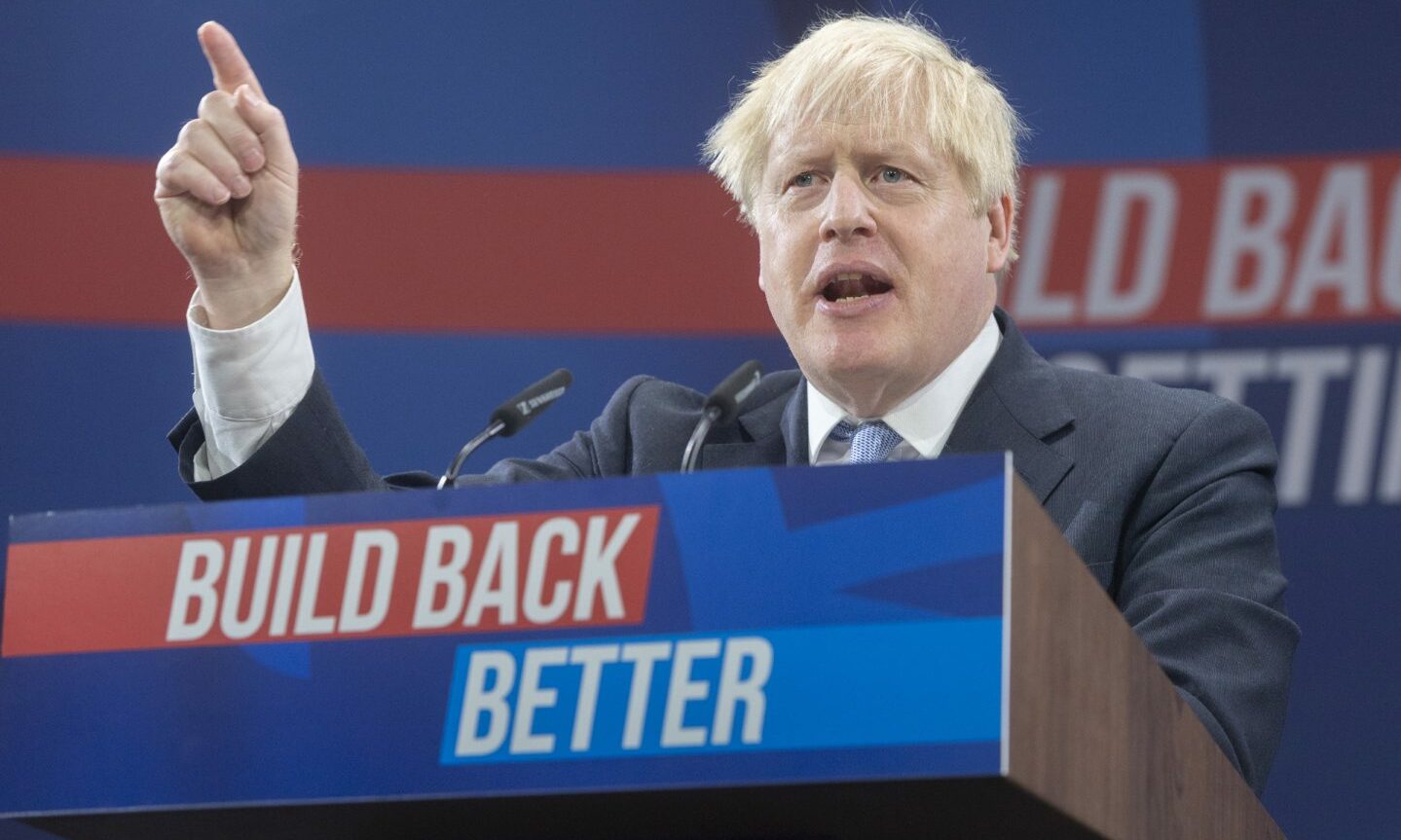Life is slowly returning to normal, or at least to whatever the new normal is going to be.
Business meetings are once more being held in person, even if a mask is worn on the way there. The economy is bouncing back, even if some famous old names and smaller concerns have vanished from the high street and many of us now work mainly from home. You can go to the pub with your pals, though you might get pinged afterwards.
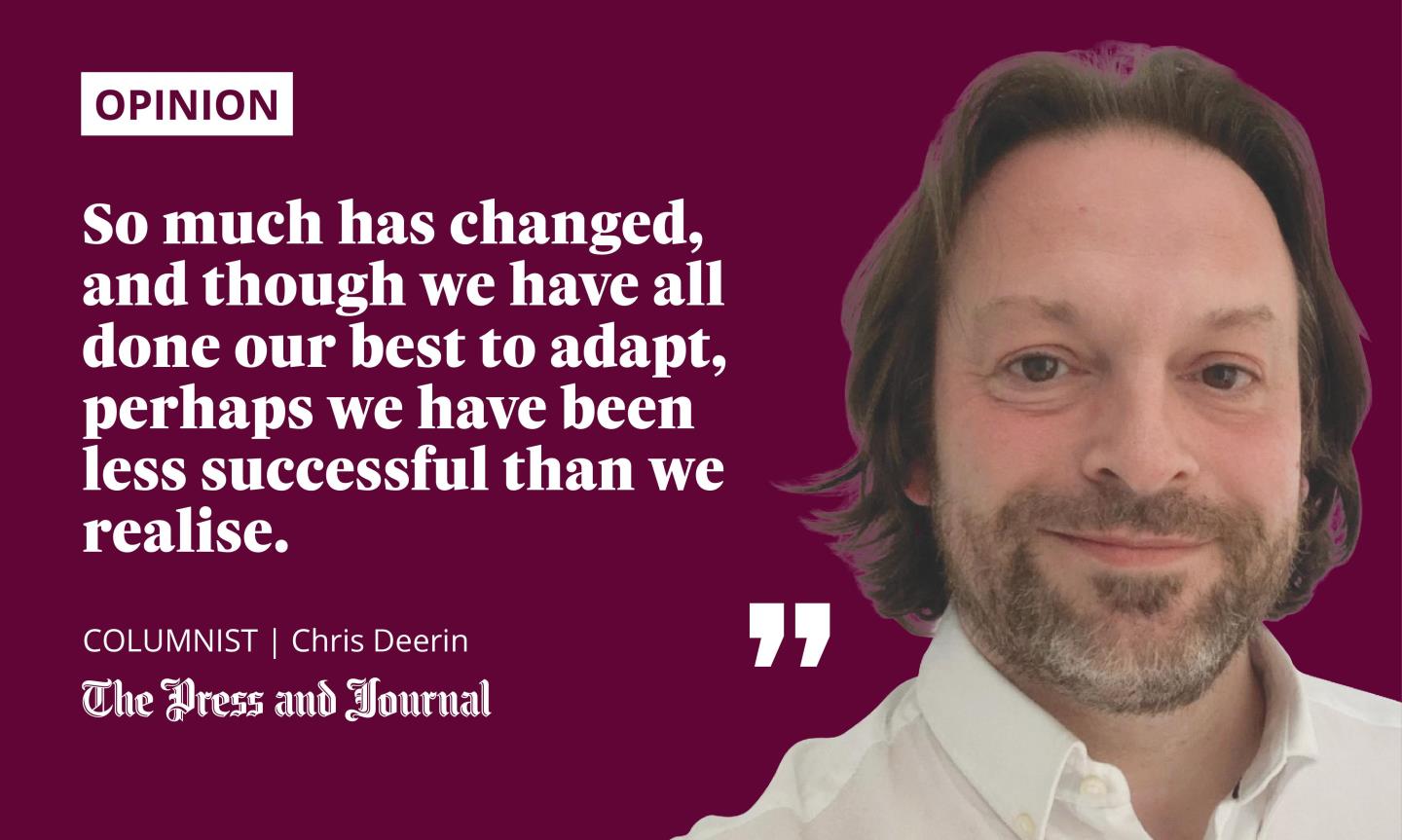
Last week I travelled from Scotland to London for the first time in two years, a gap enforced by Covid and lockdown. Ahead of time, a journey that had once been commonplace instead felt like an exciting novelty, almost exotically risqué. But something else, too. Within a few minutes of settling on to the packed train I became aware of a rising anxiety inside my head and body. It wouldn’t leave me for the next three days.
In the capital, I jangled alarmingly through my appointments – a talk, some coffees, a dinner – and struggled to keep a steady mood in the inevitable hours spent on my own. I couldn’t bear to sit around in my bland, silent hotel room, but, equally, the streets seemed strange and even hostile.
I have always felt entirely comfortable in that vast, fast city, the worker-bee anonymity amid the tubers and walkers who zip by, pursuing complex, passionate lives that will never kiss your own. The great sprawl of London, its blank indifference to your presence coupled with the possibility that anything – good or bad – might happen at any moment, was kind of the point.
Last week, though, I was lonely. I was unhappy away from the security of my family, especially in the evenings. That London indifference seemed harsh and even frightening rather than thrilling and bristling with potential. I felt vulnerable, a potential victim for any passing malignity, and had to mentally rebuild myself before each meeting. It was a profoundly unnerving experience.
Have we been fundamentally reshaped?
It has made me wonder, too, about the longer-term and less immediately visible consequences of the past few troubled years. So much has changed, and though we have all done our best to adapt, perhaps we have been less successful than we realise.
I realise that many of my friends have changed, too. They are more cautious than before, more inward-living and self-protective, maybe even less joyful
The abolition of the daily commute and of long, exhausting hours in the office, for example, has given us much – time, peace, autonomy – but it has possibly stolen things from us, too. Are we becoming less socialised, less robust, less capable of straight interaction? Maybe. Are we as comfortable out in the world, determined solo sailors setting ambitious courses for radical destinations? Two years of relative solitude, of enforced homebirdness, is not nothing, and might have been more character- and habit-forming than we have realised. Have we, in ways, been fundamentally reshaped? If so, are we aware of it? Do we know how to cope?
Thinking about all this, I realise that many of my friends have changed, too. They are more cautious than before, more inward-living and self-protective, maybe even less joyful. Mental health is undoubtedly poorer in society as a whole, across all age groups – just look at the waiting lists for CAMHS, the children’s mental health service.
Sometimes people simply can’t be bothered leaving the house, getting off the couch where deep roots have begun to grow, leaving the comfort of digital TV’s endless palette of “next up”. Social media is a shadow of what it was, full of unnecessary rage, quiet desperation and strained jollity and, really, best avoided.
The business plan for life has changed
Even as we analyse and address the obvious changes and challenges imposed by Covid, we’re probably missing all sorts of stuff: the unknown unknowns, as the late Donald Rumsfeld memorably put it. It may take years for the full rewiring we’ve undergone to be exposed and for us to figure out what can, or should, be done about it.
A certain kind of politician – especially those rich, stern Tory backbenchers who are simply not having it – will push us to return as nearly as possible to the nerve-shredding, high-wire economy and lifestyle of the 2010s. Economic growth must not be sacrificed, Brexit must be made a success, we must take whatever jobs there are, regardless of how crappy and soul-destroying the Ts&Cs.
But what if we’re not the same people as we were, and will not be squeezed back into that particular tube? Perhaps we have learned to want and to treasure different things, or have at least adjusted our internal profit and loss accounts. I sense the business plan for life has changed. We’d better get on with figuring out how.
Chris Deerin is a leading journalist and commentator who heads independent, non-party think tank Reform Scotland
